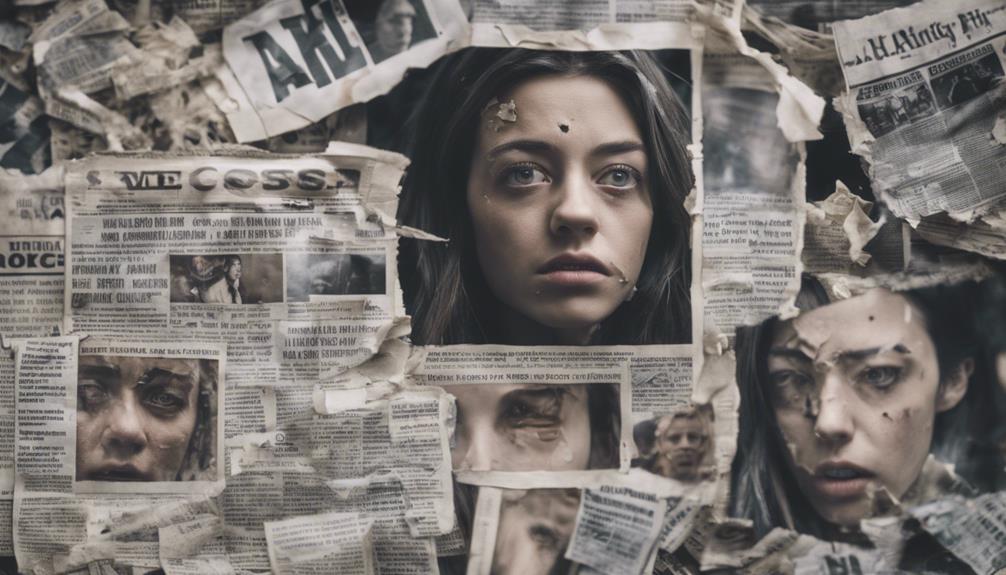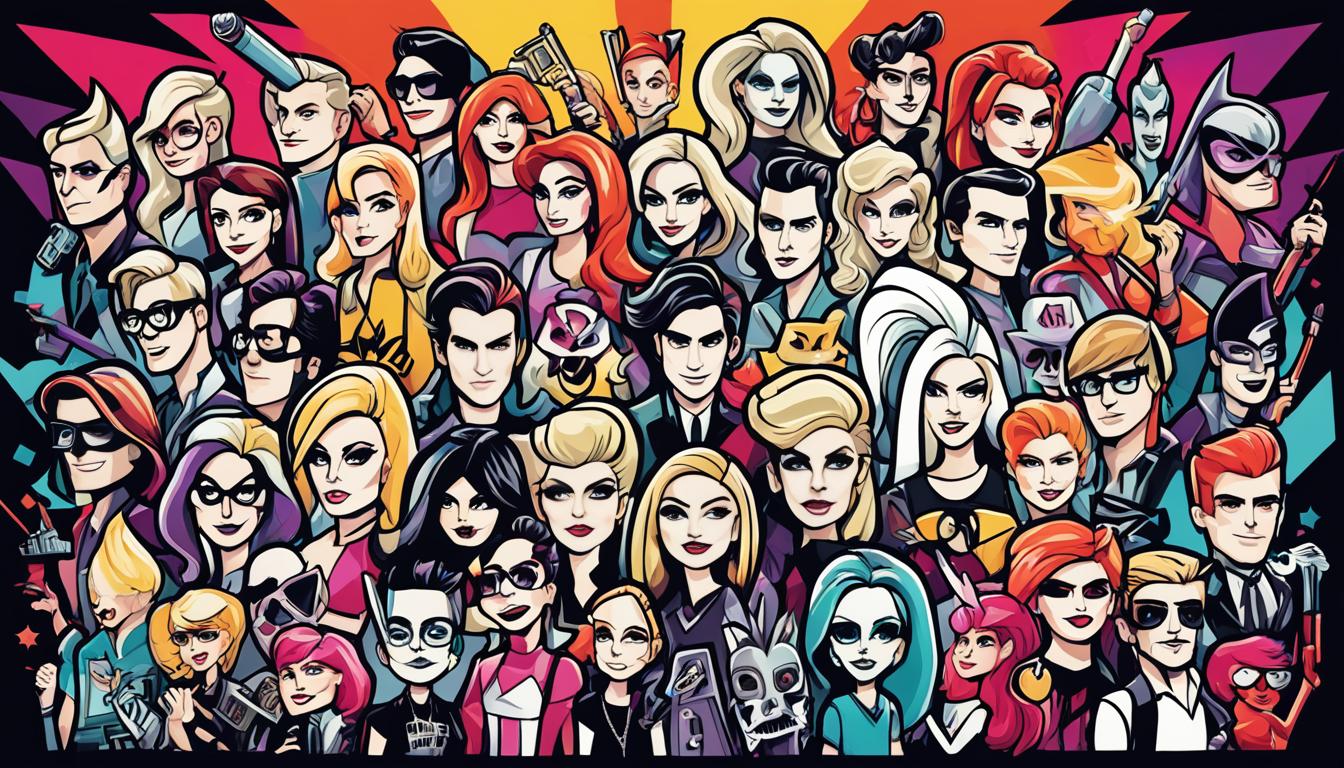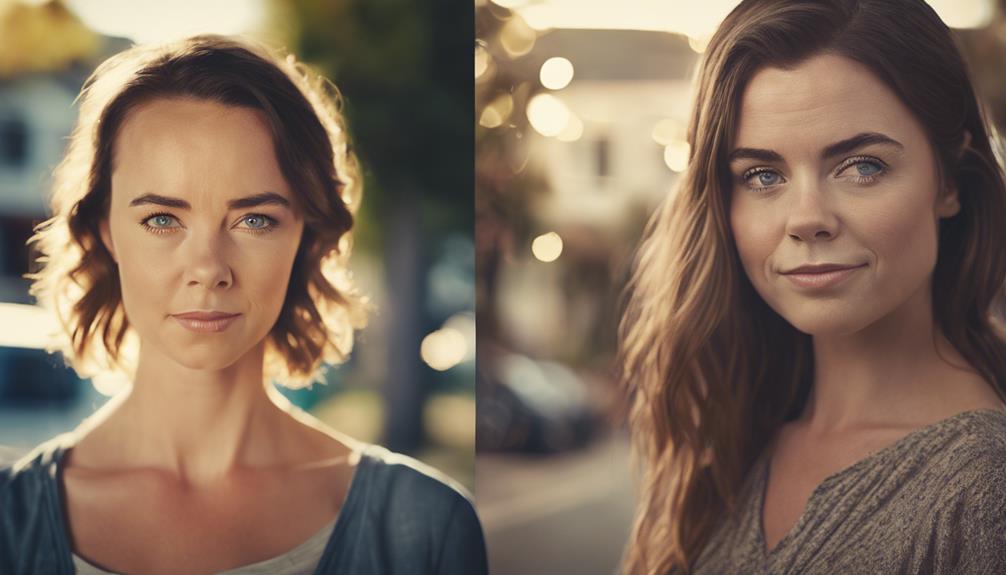A recent deepfake scandal involving Bobbi Althoff has sparked widespread concern about the misuse of AI-generated content, prompting the celebrity to issue a clarification on social media. The scandal has highlighted the dangers of deepfake technology, which can be used to spread misinformation and compromise privacy. Althoff's team has been working to dispel rumors and set the record straight, but the incident has raised important questions about the ethical concerns and regulations surrounding deepfake technology. As the debate continues, it's clear that there's more to uncover in this complex issue, and exploring further will reveal the intricacies of this digital dilemma.
Key Takeaways
• Bobbi Althoff's face was used in a deepfake video, sparking concerns about the misuse of AI technology and reputational damage.
• The scandal highlights the dangers of deepfake technology, which can spread misinformation and compromise privacy.
• Bobbi Althoff responded on social media to clarify the situation and dispel rumors, but the media frenzy continues to fuel misinformation.
• The incident raises ethical concerns and calls for regulations to protect individuals from the misuse of deepfake technology.
• Detection tools and education campaigns are being developed to prevent the spread of misinformation and enhance trust in online content.
Uncovering the Deepfake Scandal
Bobbi Althoff's world was turned upside down when a deepfake video surfaced online, featuring her face superimposed onto a sexual video, sparking a scandal that would threaten to tarnish her reputation forever.
The video, created using advanced AI technology, was convincing enough to deceive many, causing widespread shock and outrage. Bobbi was quick to respond, taking to social media to clarify that the video was AI-generated and not her. She emphasized that the video was a fake, created to tarnish her reputation.
With her recent divorce adding context to the situation, Bobbi's team worked to dispel the rumors, releasing statements and videos to set the record straight.
As the scandal unfolded, concerns about the misuse of deepfake technology and its potential to cause harm grew.
The Dark Side of Technology
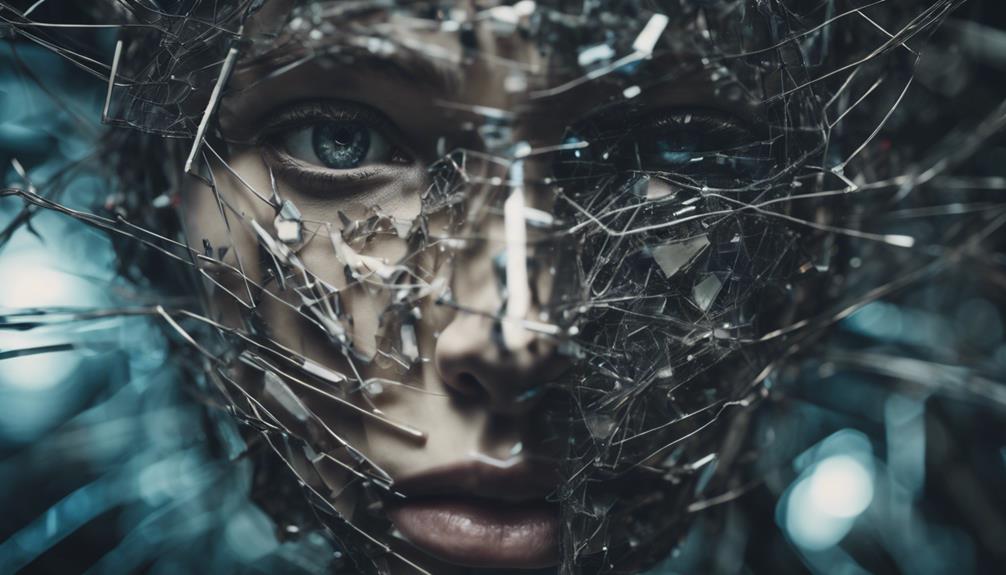
As the Bobbi Althoff deepfake scandal highlights the dangers of AI-generated content, it's clear that the misuse of deepfake technology has far-reaching consequences that threaten individuals' reputations and privacy.
The dark side of technology is a pressing concern, as deepfakes can be used to spread misinformation, manipulate public opinion, and compromise personal privacy.
Some of the key concerns surrounding deepfakes include:
- Privacy rights being compromised through the creation and dissemination of AI-generated content
- The potential for deepfakes to be used to sway public opinion or influence elections
- The emotional distress and reputational damage that can result from being a victim of deepfake technology.
Media Frenzy and Public Perception
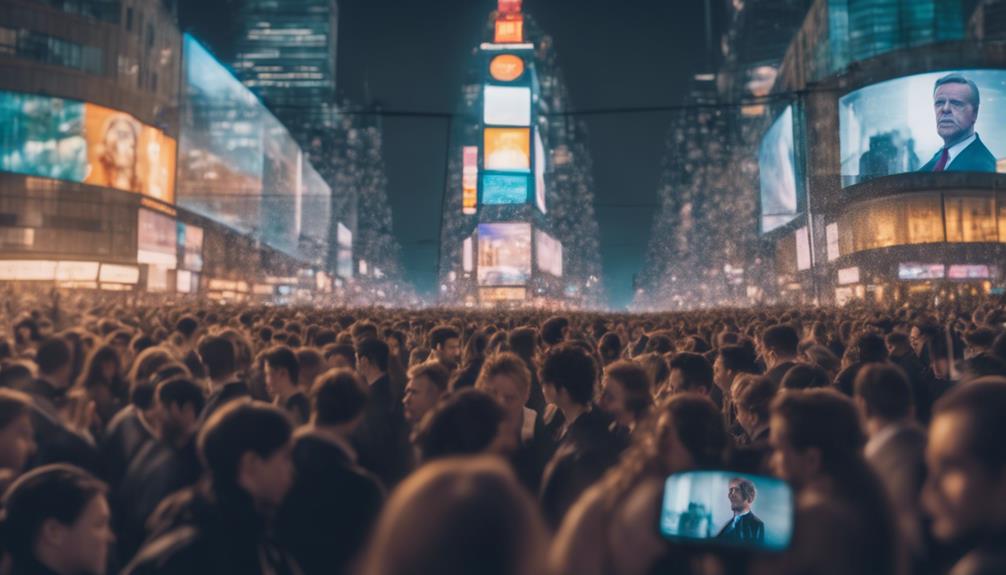
Social media platforms and online news outlets alike are perpetuating the spread of misinformation, fueling a media frenzy that further tarnishes Bobbi Althoff's reputation. The controversy surrounding the deepfake video has sparked a heated debate, with many outlets sensationalizing the story. Bobbi's name trends on social media, but for all the wrong reasons, as the public's perception of her is marred by the scandal.
TMZ and other media outlets are investigating the controversy, drawing attention to the darker side of deepfake technology. The internet's role in spreading misinformation is highlighted, as Bobbi's reputation hangs in the balance. Amidst the chaos, Bobbi aims to be known for her positive content, not the negative coverage that has plagued her.
Ethical Concerns and Regulations
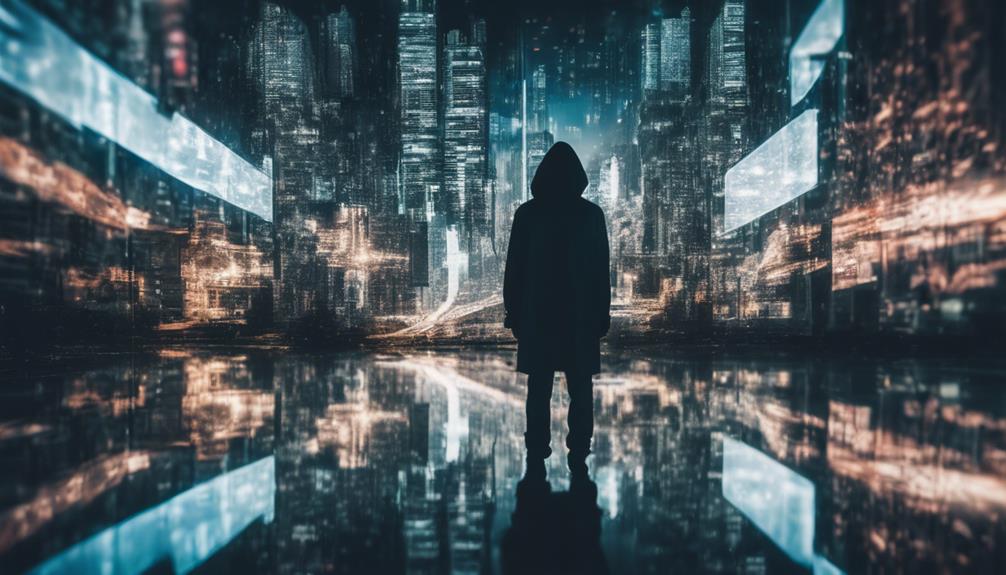
Five key ethical concerns surround the use of deepfake technology, including privacy violations, misinformation, and the blurring of reality and fiction. As the technology continues to evolve, regulators and lawmakers are grappling with the implications of deepfakes on society.
Some of the pressing ethical concerns include:
- Privacy violations: Deepfakes can be used to create fake content that invades individuals' privacy, as seen in Bobbi Althoff's case.
- Misinformation: Deepfakes can spread misinformation on a massive scale, making it challenging to distinguish fact from fiction.
- Blurring of reality and fiction: Deepfakes blur the line between reality and fiction, making it difficult to trust digital content.
As the debate around deepfakes continues, it's essential to establish regulations that address these ethical concerns and protect individuals from the misuse of this technology.
Fighting Back Against Misuse

By developing tools to detect and combat deepfakes, technology companies are taking a proactive stance against the misuse of this technology. To combat deepfake misuse, education and awareness campaigns are essential to inform the public about deepfake risks. Research focuses on improving deepfake identification and detection methods.
| Strategy | Goal | Benefit |
|---|---|---|
| Develop detection tools | Identify deepfakes | Prevent misinformation spread |
| Educate the public | Raise awareness | Empower individuals to make informed decisions |
| Improve detection methods | Enhance accuracy | Increase trust in online content |
Frequently Asked Questions
Can Deepfake Creators Be Held Legally Responsible for Damages?
Creators of deepfakes can be held legally responsible for damages, as they can cause reputational harm and emotional distress. Legal actions can be taken against them, with laws evolving to address deepfake challenges and regulate their creation.
As Bobbi Althoff's case highlights, deepfakes can have severe consequences, and those responsible must be held accountable. As the technology advances, it's vital to establish clear legal frameworks to protect individuals from deepfake misuse.
How Can I Protect Myself From Becoming a Deepfake Victim?
Moreover, to protect oneself from becoming a deepfake victim, individuals can take proactive measures. They should be cautious when sharing personal information and images online, as these can be used to create deepfakes.
Additionally, being aware of the risks associated with deepfakes and staying informed about the latest developments can help.
Additionally, supporting legislation that regulates deepfake creation and use can also contribute to a safer online environment.
Are There Any Laws Regulating Deepfake Content on Social Media?
As the digital landscape continues to evolve, regulators are scrambling to keep pace. Currently, laws regulating deepfake content on social media are limited, but efforts are underway to address the issue.
The US, for instance, has introduced bills like the DEEPFAKES Act, aiming to curb the spread of malicious deepfakes. Meanwhile, social media platforms are developing their own policies to combat deepfake misinformation, but a cohesive, all-encompassing approach remains elusive.
Can Ai-Generated Deepfakes Be Used for Positive Purposes?
She notes that AI-generated deepfakes can be used for positive purposes, such as filmmaking, education, and healthcare. For instance, deepfakes can help recreate historical events or create personalized avatars for therapy.
Additionally, deepfakes can aid in training AI models and generating synthetic data. While the technology poses risks, it also offers opportunities for innovative applications that can benefit society.
Will Deepfake Detection Tools Become a Standard for Social Media Platforms?
As the deepfake controversy surrounding Bobbi Althoff highlights the risks of misinformation, the question arises: will deepfake detection tools become a standard for social media platforms?
Industry experts predict that these tools will soon be essential for platforms to maintain credibility. 'It's a cat-and-mouse game,' says AI researcher Dr. Rachel Kim, 'but we're working tirelessly to develop more sophisticated detection methods.'
With the rise of deepfake technology, social media platforms must adapt to combat misinformation and protect users' privacy.
Conclusion
As the dust settles on the Bobbi Althoff deepfake scandal, the incident serves as a stark reminder that the unregulated use of AI-generated content can have devastating consequences.
Like a house of cards, the facade of reality can come crashing down when deepfakes are used to deceive.
It's imperative that policymakers and tech giants work in tandem to establish robust ethical frameworks, lest we risk drowning in a sea of misinformation.
